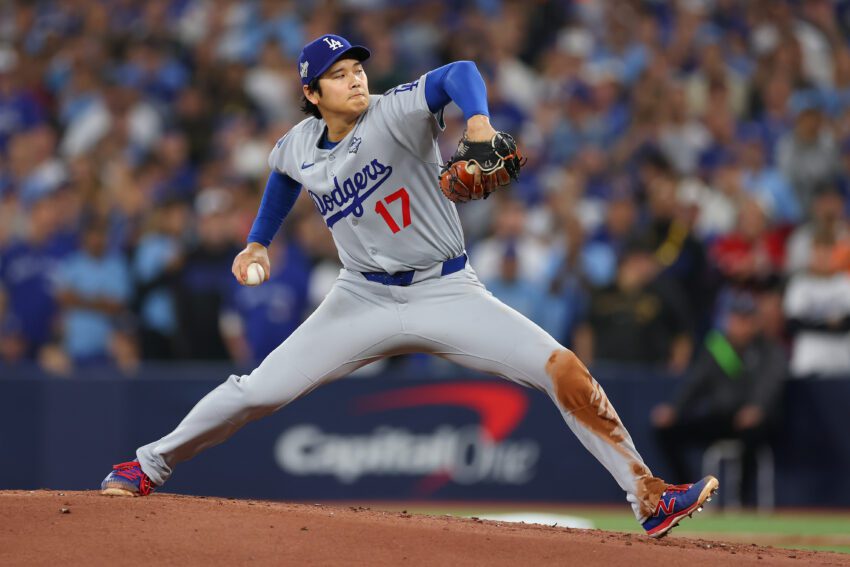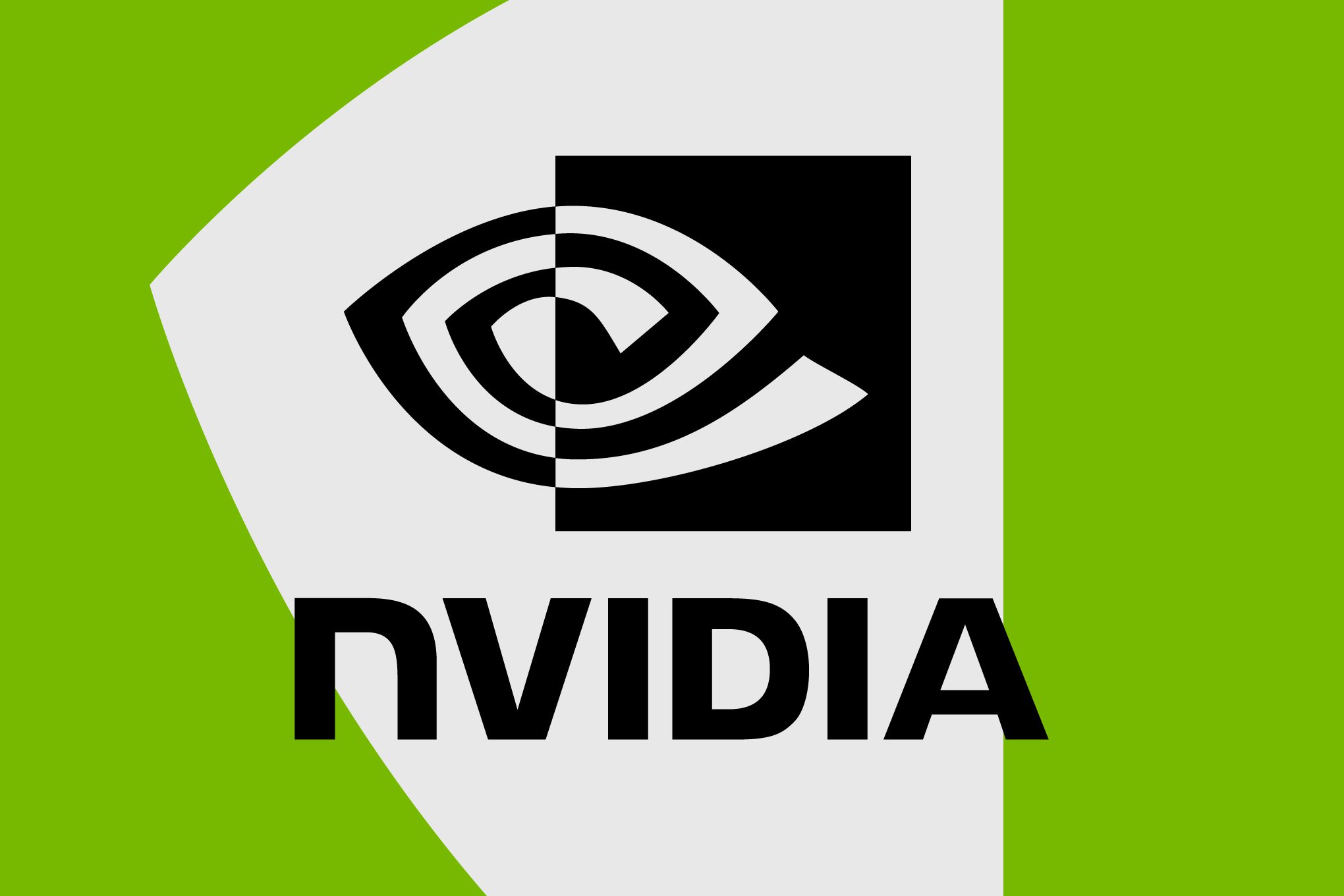
netflix signs a three year deal to Major League Baseball has entered into new media rights agreements with ESPN, NBCUniversal, and Netflix, marking a significant shift in how fans will access live MLB games over the next three seasons.
netflix signs a three year deal to
Overview of the New Media Rights Deals
On the heels of an evolving sports broadcasting landscape, Major League Baseball (MLB) has announced a series of new media rights deals that will reshape its broadcasting strategy. The agreements, which span three years, involve partnerships with ESPN, NBCUniversal, and Netflix. This multi-faceted approach aims to enhance the accessibility of MLB games while expanding the league’s reach across various platforms.
The deal with Netflix is particularly noteworthy, as it marks the streaming giant’s entry into live sports broadcasting. According to reports from Front Office Sports, the agreement is valued at approximately $50 million per year, indicating a substantial investment in sports content by Netflix.
Details of the Netflix Agreement
Under the terms of the Netflix deal, the platform will stream a selection of live MLB events, significantly enhancing its sports programming library. The streaming service will broadcast:
- A single game on Opening Night of each MLB season.
- The Home Run Derby, a popular event that showcases the league’s top power hitters.
- One special event game each year, with the 2026 game set to be the “Field of Dreams” game, which will feature a matchup between the Minnesota Twins and the Philadelphia Phillies in Dyersville, Iowa, on August 13, 2026.
This arrangement not only diversifies Netflix’s content offerings but also positions the platform as a viable competitor in the live sports broadcasting arena, which has traditionally been dominated by cable networks.
Impact on MLB’s Broadcasting Strategy
The new agreements signify a departure from MLB’s previous media rights structure, which primarily relied on ESPN for broadcasting. By partnering with multiple networks, MLB aims to broaden its audience and increase viewership across different demographics. This strategy reflects a growing trend among sports leagues to leverage multiple platforms to reach fans where they are most active.
ESPN’s Role in the New Landscape
ESPN remains a crucial player in MLB’s broadcasting strategy, securing a comprehensive package that includes:
- A 30-game broadcast package each season exclusive to ESPN’s channels and the ESPN app.
- 150 out-of-market games streaming daily through the ESPN app, allowing fans to follow their favorite teams regardless of geographic location.
- The ability to sell MLB Network and select in-market games via the ESPN app, further enhancing the viewer experience.
This robust package ensures that ESPN continues to be a primary destination for baseball fans, while also adapting to the increasing demand for streaming options.
NBCUniversal’s Contributions
NBCUniversal’s involvement in the new media rights deals also plays a significant role in MLB’s broadcasting future. The network will air:
- The Sunday Night Baseball game, a staple of MLB’s weekly schedule.
- Draft coverage and additional games across its various networks.
Notably, some Sunday night games will be available for streaming on Peacock, NBC’s streaming service, and will be simulcast on NBCSN during weeks when there are overlapping media rights agreements. This dual approach allows NBC to maximize its audience reach while providing fans with multiple viewing options.
Broader Implications for Sports Broadcasting
The new media rights agreements reflect a broader trend in sports broadcasting, where traditional cable networks are increasingly competing with streaming platforms for exclusive content. As consumer preferences shift toward on-demand viewing, sports leagues are adapting their strategies to meet these changing demands.
For MLB, this means not only expanding its audience but also tapping into the lucrative streaming market, which has seen significant growth in recent years. The partnership with Netflix, in particular, highlights the potential for streaming services to become key players in live sports broadcasting.
Stakeholder Reactions
The reactions from various stakeholders within the sports and media industries have been largely positive. MLB Commissioner Rob Manfred expressed enthusiasm about the new agreements, stating, “These partnerships will allow us to reach our fans in innovative ways and provide them with more access to our games than ever before.”
Executives from Netflix, ESPN, and NBCUniversal have also voiced their excitement about the collaborations. Netflix’s commitment to live sports is seen as a strategic move to attract new subscribers and retain existing ones, especially as competition in the streaming space intensifies.
Challenges Ahead
Despite the optimistic outlook, the new media rights deals come with challenges. The integration of multiple platforms may lead to confusion among fans regarding where to find specific games. Additionally, the success of these agreements will depend on the execution of the streaming services and their ability to deliver a seamless viewing experience.
Moreover, as the landscape of sports broadcasting continues to evolve, MLB will need to remain agile and responsive to emerging trends. The league must also navigate the complexities of digital rights management and ensure that its content is accessible to fans without infringing on existing agreements.
Conclusion
The new media rights deals between Major League Baseball, ESPN, NBCUniversal, and Netflix represent a significant evolution in how fans will engage with the sport over the next three years. By diversifying its broadcasting strategy and embracing streaming platforms, MLB is positioning itself to reach a wider audience and adapt to the changing landscape of sports media.
As the agreements take effect, fans can look forward to a more dynamic viewing experience, with increased access to live games and events. The collaboration between traditional networks and streaming services may set a precedent for other sports leagues, as they seek to navigate the complexities of modern broadcasting.
Source: Original report
Was this helpful?
Last Modified: November 20, 2025 at 6:36 am
2 views















